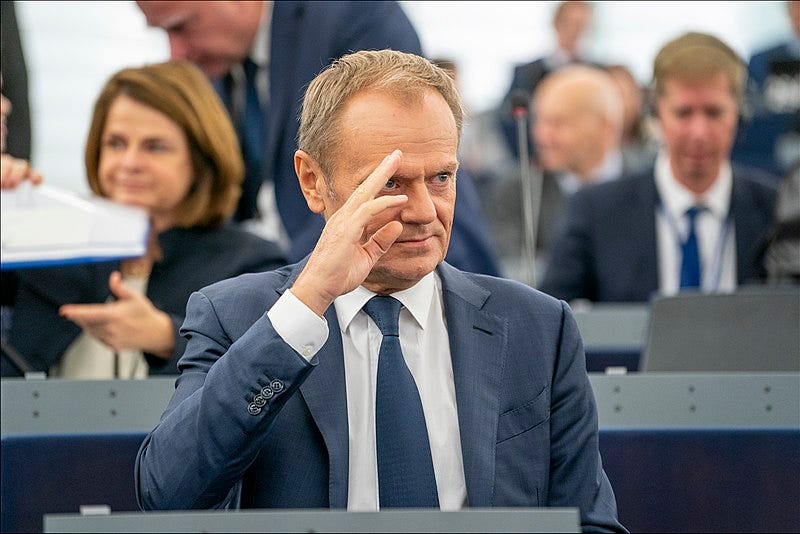Poland's Surprise Election Augurs a Geopolitical Shift
Is the Berlin-Paris-Warsaw axis finally ready for prime-time?

A quote attributed to former Secretary of State Henry Kissinger goes,…
Keep reading with a 7-day free trial
Subscribe to Public Sphere to keep reading this post and get 7 days of free access to the full post archives.



